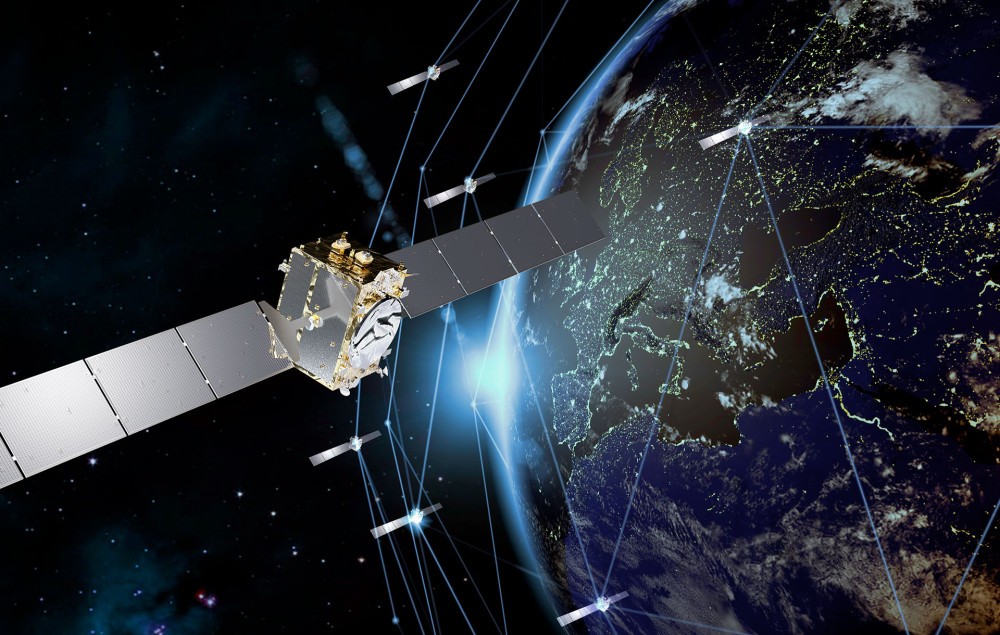GMV will develop the future Galileo Second Generation capabilities

The European Space Agency (ESA) acting on behalf of the European Union Agency for the Space Programme (EUSPA) and in the name of the European Union represented by the European Commission (COM) has awarded GMV a contract for the development of the Galileo Second Generation System Test Bed (G2STB).
The G2STB project will ensure a smooth transition from the Galileo First Generation (G1G) to Second generation (G2G), capitalizing and building on the heritage of key G1G legacy system tools. In particular, the G2STB is one of the key infrastructure elements that ESA is developing for the correct functioning of the Galileo Second generation satellites. This new generation of satellites represents a major step forward for the Galileo constellation, incorporating numerous technology updates. ESA has prepared new procurements to ensure that the key technology elements required in the G2G ground segment are properly covered.
The G2STB will eventually replace and upgrade with state of the art capabilities two G1G existing facilities, the Galileo System Evaluation Equipment (GALSEE) and the Time and Geodetic Validation Facility (TGVF-X). The latter, developed and operated by GMV over the last decade, has played a key role in monitoring the Galileo signals and system validation activities during the Galileo Exploitation Phase. The TGVF-X is also contributing to the early validation of new capabilities and elements being rolled out in recent and upcoming Galileo System updates.
Under an iterative development approach and continuous evolution based on Scaled Agile Framework (SAFe), GMV will deliver four major G2STB versions over a period of five years. This methodology will ensure a continuous value delivery in the development of the different System capability Prototyping modules (ScPMs) of the G2STB. Among these modules, the G2 HAS data generator and monitor is of significant importance as it aims at further improving the Galileo High Accuracy Service (HAS), recently declared operational and for which GMV has also played a key role.
In parallel to the development phase, the G2STB will ensure the upgrade of the network of Galileo Experimental Sensor Stations (GESS) to cope with the new signals and capabilities ensuring the availability of a G2 capable worldwide multi constellation network of receivers and bit-grabbers, independent from the operational Galileo Sensor Stations (GSS).
As project leader, GMV will lead a consortium of more than twenty partners and a total number of 20 entities from 8 different European countries.